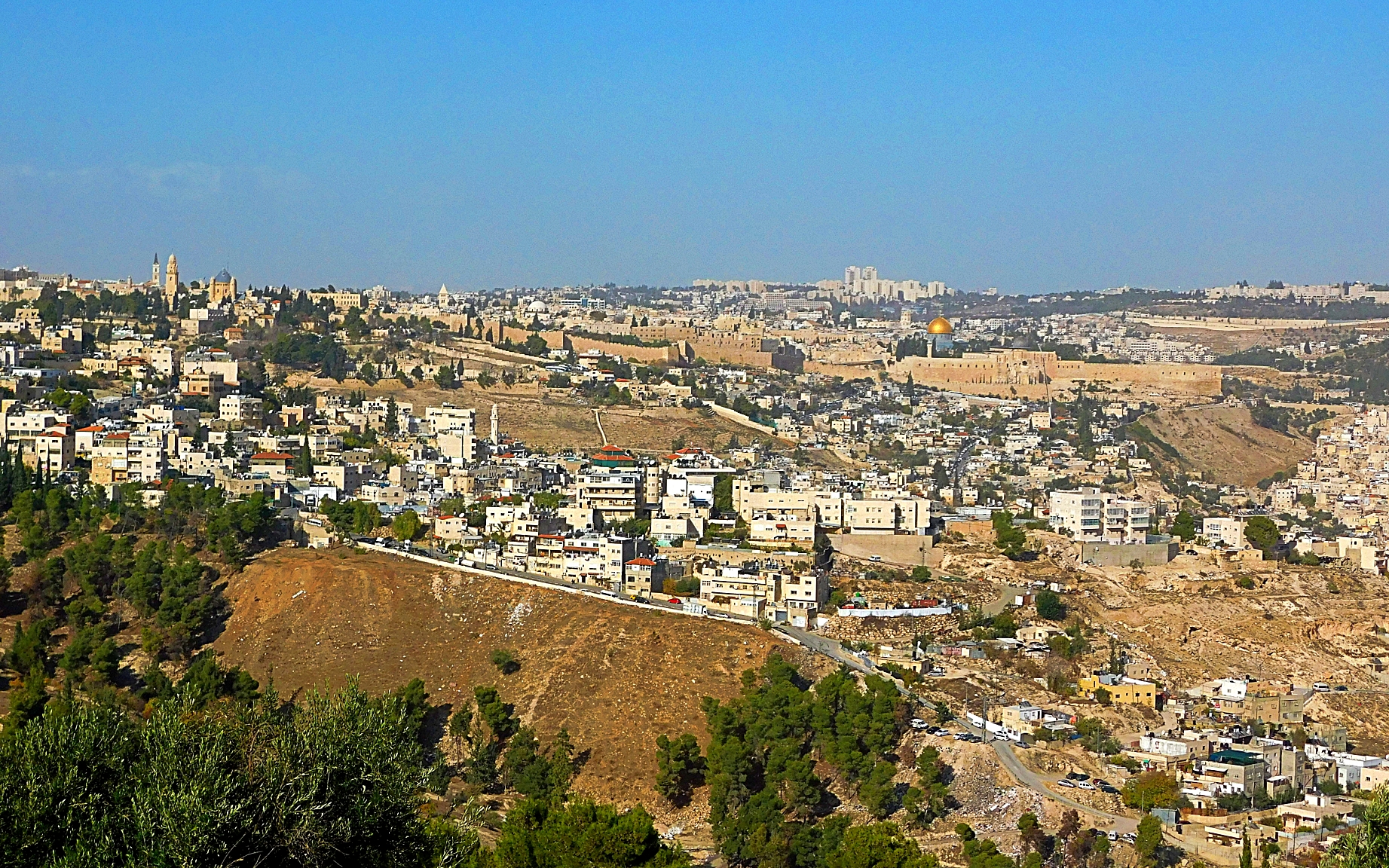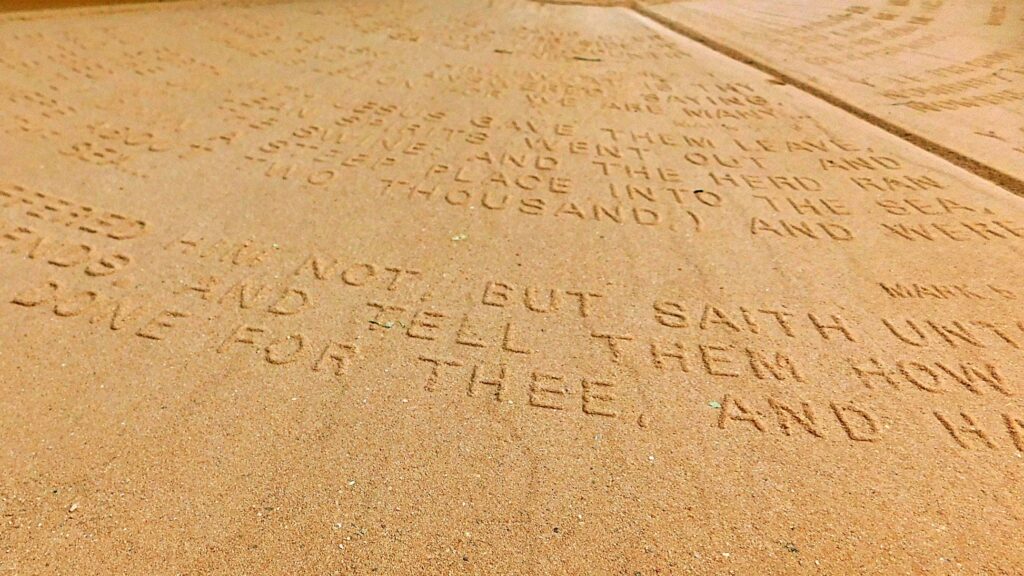#TomorrowIsSunday | What does Jesus write in the sand?


Jerusalem – view of the city, photo credit : Sr. Amata CSFN
Fifth Sunday of Lent, Year C
Sunday, April 3rd, 2022
Gospel of John 8: 1-11
EN https://bible.usccb.org/bible/readings/040322-YearC.cfm
You can download the commentary on todays Gospel and beautiful photos:
https://www.academia.edu/75184062/What_does_Jesus_write_in_the_sand?source=swp_share
1. The New Law
Jesus writes with his finger in the dust of the temple pavement. Just as God wrote on the tablets of stone on holy Mount Sinai. There Moses received the Decalogue, the permanent and unchanging law for God’s people. What does Jesus, the Son of God, write?
2 Key Words
Let the one among you who is without sin be the first to throw a stone at her.
The Pharisees claim that according to religious law, the woman should be stoned because she has sinned. They want to set a trap for Jesus. Under Roman occupation, Jewish courts could not legally pass death sentences, but there were cases of private justice. Jesus says that the one who can judge is the one who has not sinned himself. The only person who can make a judgment among those gathered is Jesus Himself. But He does not do this.
Again he bent down and wrote on the ground.
Jesus writes in the dust, creating the woman anew. He places God’s law deep within her and writes it on her heart, as foretold by the prophet Jeremiah. The law on the living tablet of the heart is the law of love and mercy.
So he was left alone with the woman before him.
The woman is still standing in the middle as the accusers have left. Only Jesus and she have stayed.
St. Augustine wrote that only these two remained – she, miserable, and He, pure mercy (“Relicti sunt duo, misera et misericordia”).
Do not sin any more.
Jesus, the only sinless and righteous one who can judge the woman, does not condemn her. He forgives. He calls the woman, who has experienced His mercy, to repentance.
We all experience exactly the same situation when we come to Jesus with our sins in the sacrament of penance and reconciliation. God does not reject us, even when people condemn us. He writes the law of love and mercy in our hearts so that we no longer sin.
3. Today
This Gospel raises many questions before us. How do I live the sacrament of penance? Do I believe that Jesus forgives me everything and gives me the power to live his love and mercy? How do I look at other people? Do I judge too hastily? What does my mercy look like, especially towards the people I meet in everyday life?

Gospel in the sand. Kursi, photo credit : Sr. Amata CSFN
You can read also:
#TomorrowIsSunday (EN+ES) | What is the scandal of mercy? >>>
#TomorrowIsSunday (EN+ES) | Why Does Jesus Pray? >>>
#TomorrowIsSunday (EN+ES) | What Should One Do when Tempted? >>>
#TomorrowIsSunday (EN+ES) | What Do a Hypocrite and a Mask Have in Common? >>>
#TomorrowIsSunday (EN+ES) | Why should we love our enemies? >>>
#TomorrowIsSunday (EN+ES) | Jesus’ Counsel Regarding Hatred Prompted by Faith >>>
#TomorrowIsSunday (En+ES) | In the Bible, what does it mean to be “fisher of men”? >>>
#TomorrowIsSunday (EN+ES) | Why is Nazareth a Tragic City? >>>
#TomorrowIsSunday (EN+ES) | Who is Theophilus for whom Luke wrote the Gospel? >>>



Dodaj komentarz